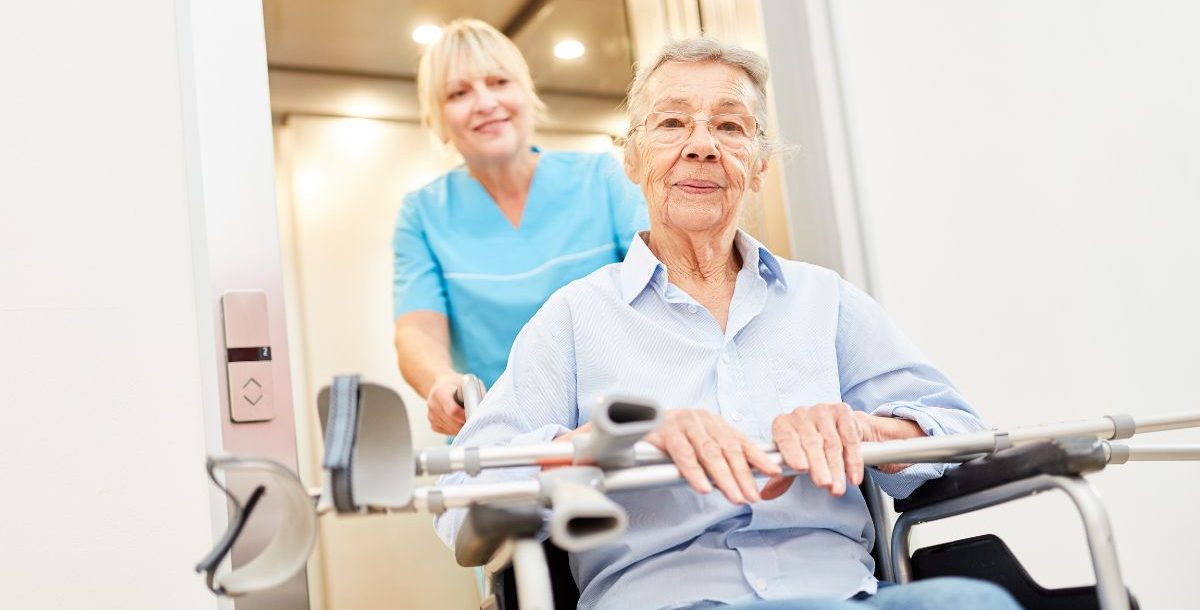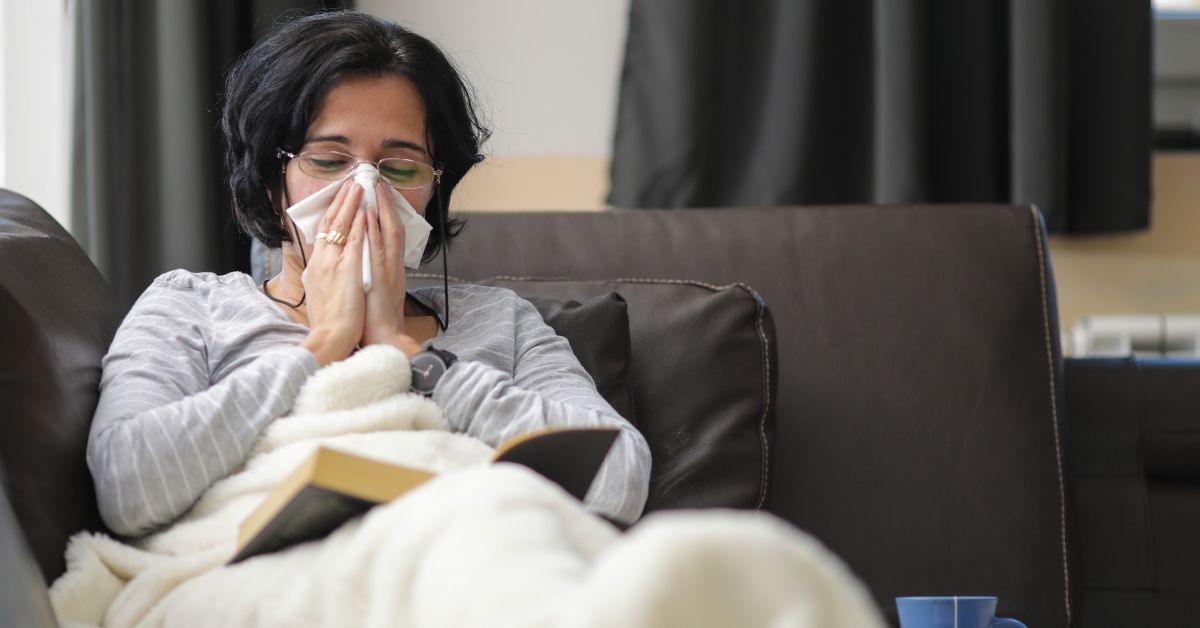Just hearing the word “stroke” in a medical setting can be scary. After all, strokes are serious medical conditions that can lead to brain damage, permanent impairment or even death. But many people who suffer from a stroke go on to recover, either fully or partially. Let’s explore what you can expect during recovery from a stroke.
What are the types of strokes?
A stroke occurs when blood flow to part of the brain is interrupted. In order to understand how to recover from a stroke, it’s important to know about the different types of strokes.
The two main types of strokes are:
- Ischemic strokes: The most common type, this one occurs when a blood clot blocks or narrows an artery, which restricts blood flow and oxygen to the brain. Included in this type is a transient ischemic attack, or TIA, sometimes call a “mini-stroke,” which is a temporary interruption of blood flow to part of the brain.
- Hemorrhagic strokes: While less common, these are when a blood vessel rupture that causes bleeding in or around the brain.
Both types of strokes can occur in the brain stem, which are commonly more severe and be fatal.
Understanding stroke recovery
Following a stroke, your recovery can vary based on several factors including the severity and areas of the brain impacted. You can continue to recover from a stroke for many months after a stroke, for up to a year or even longer. This recovery is a very gradual process.
You will typically start stroke rehabilitation therapy very early after a stroke, including physical therapy, occupational therapy and speech therapy.
Physical therapy uses exercises to help you relearn movement and coordination skills you may have lost because of the stroke. Occupational therapists focus on improving daily activities, such as eating, drinking, dressing, bathing, reading and writing. Requiring speech therapy is common as well, since speech and language skills are often impaired following a stroke.
There are also a few actions you can focus on to ensure recovery is as fast as possible.
Ways to make recovery from a stroke easier
- Prioritize a healthy lifestyle: While exercise can help you prevent a stroke from occurring, it’s even more important following one. Even a quick walk can make a big difference in building a strong heart and helping prevent additional strokes. Diet also plays a large role, so try to focus on fruit- and vegetable-rich meals and foods that are good for your heart and can help reduce high blood pressure. If you have any questions about making changes to your diet, you should talk to your doctor.
- Measure physical progress: Stroke survivors are expected to make measurable functional gains every week in mobility, communication and daily living skills. It is important both the positive progress as well as falls are noted. Falls are common and can be minor or cause additional injury. If falls occur more than two times within six months, physical therapy may be needed.
- Measure emotional progress: Depending on the part of the brain that the stroke affected, changes in your emotions might occur. Many stroke survivors have a difficult time controlling their emotion and 30 to 50 percent develop some sort of depression. Make sure your stroke treatment is focused on treating both your mind and body, rather than just the physical symptoms.
- Build a solid support system: A stroke survivor might need help doing things they used to do or relearning new ways to accomplish these tasks. This is often a frustrating experience. Feeling heard, supported and hopeful are all important parts of progress.
- Regular visits with your doctor: Seeing your doctor regularly and engaging in helpful two-way conversation allows doctors to monitor recovery, vital signs and provide additional recommendations, such as seeing a specialist if needed.
Facts about stroke recovery
Recovery from a stroke may take weeks, months or even years. Some patients may have lifelong disabilities, while others may recover completely. For all patients, your stroke recovery process involves making changes in the physical, social and emotional aspects of your life. These lifestyle changes can help to prevent additional strokes and facilitate lifelong recovery.
Statistics show that following a stroke:
- 10 percent of patients recover almost completely
- 25 percent of patients recover with only minor impairments
- 40 percent of patients experience moderate to severe impairments that require special care
- 10 percent of patients require long-term care
- 15 percent of patients die shortly after
How long should it take to recover from a stroke?
The most rapid recovery usually occurs during the first three to four months after a stroke, but some survivors continue to recover well into the first and second year after their stroke. Working closely with your care team and staying dedicated to your stroke rehabilitation program
Strokes are a very serious condition, which makes knowing the stroke warning signs especially important. If you or a loved one is in need of an expert, reach out to your primary care provider for a recommendation or schedule an appointment with one of our stroke care experts.
Learn more about the stroke treatment and care available at Bon Secours.





